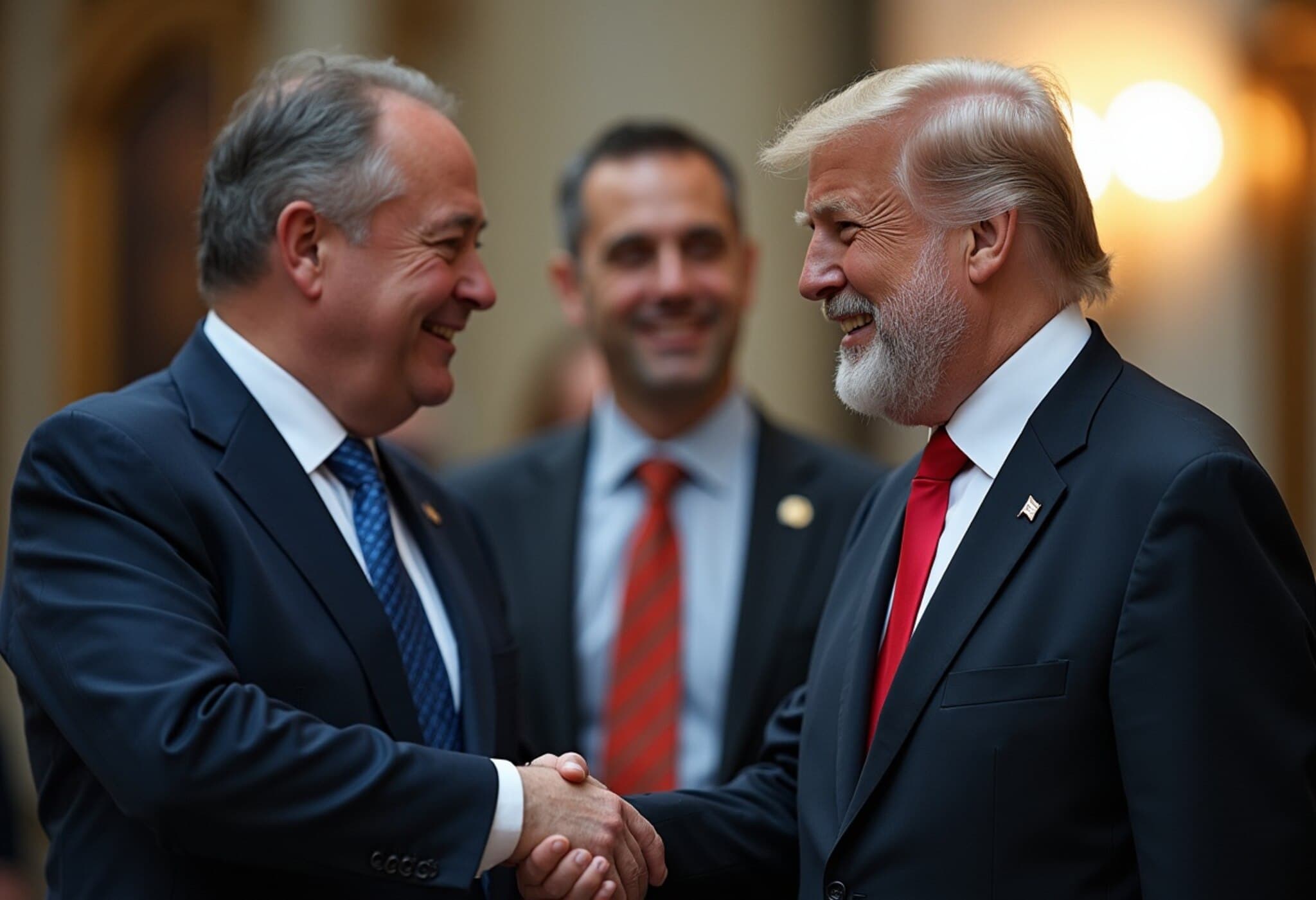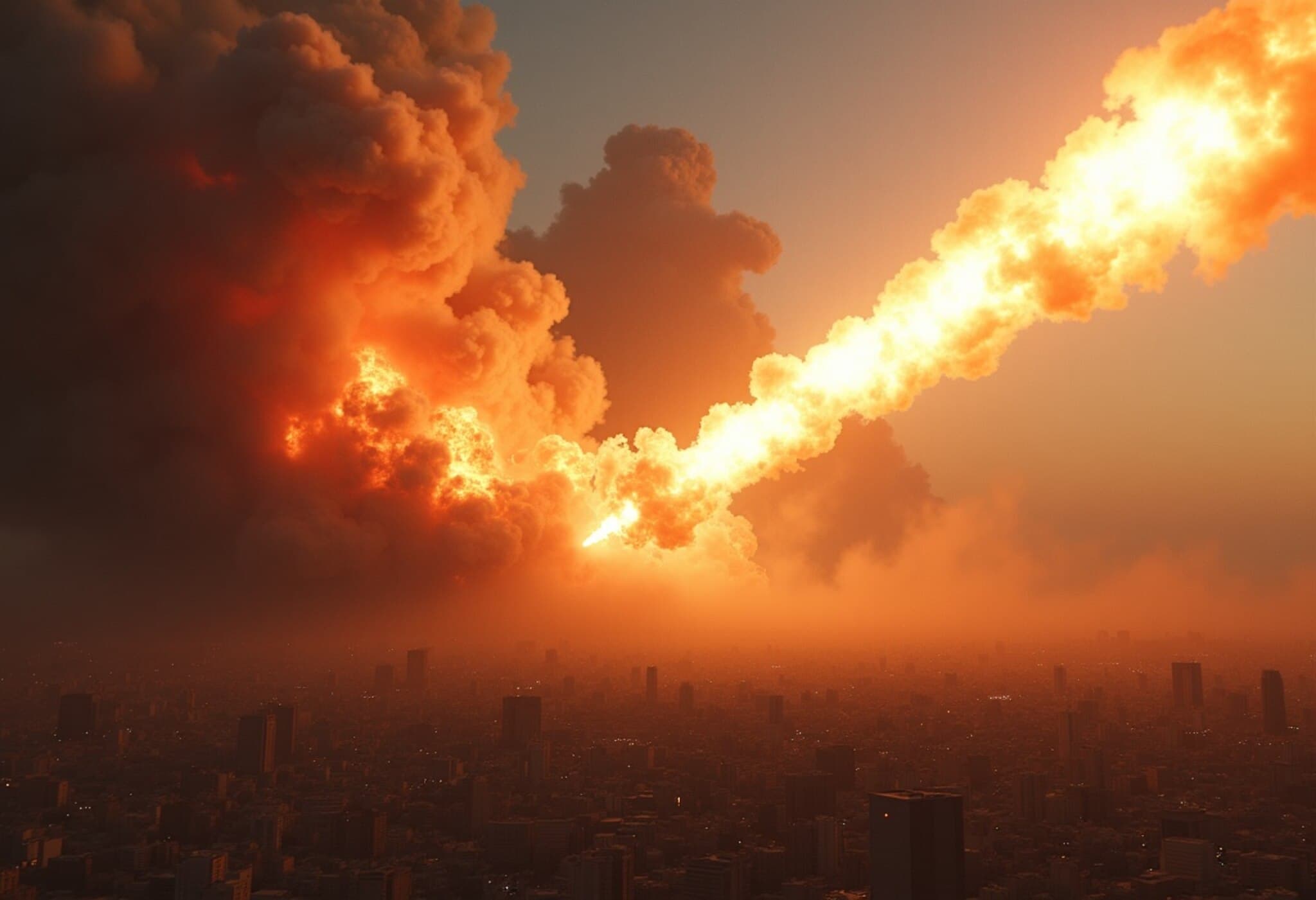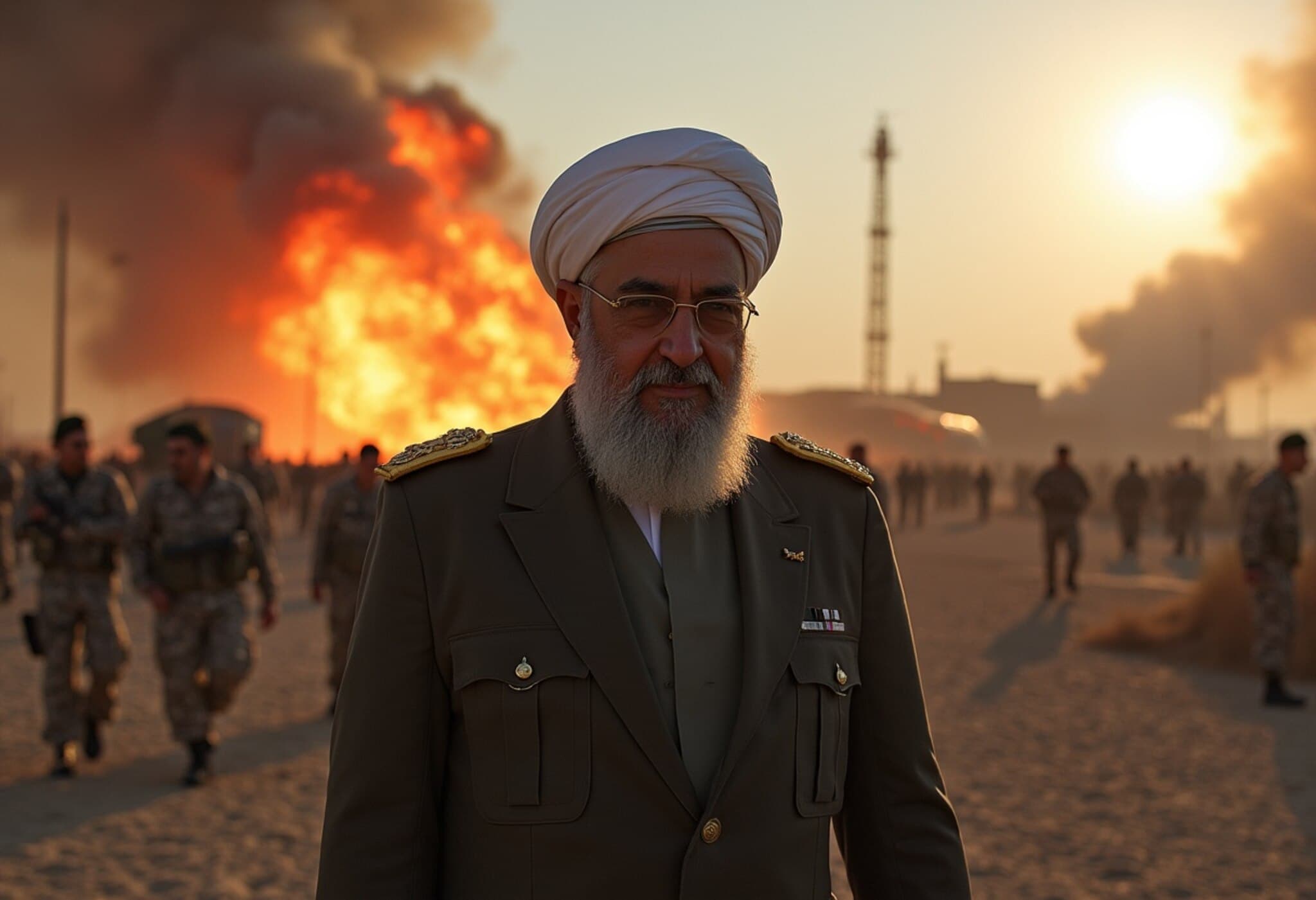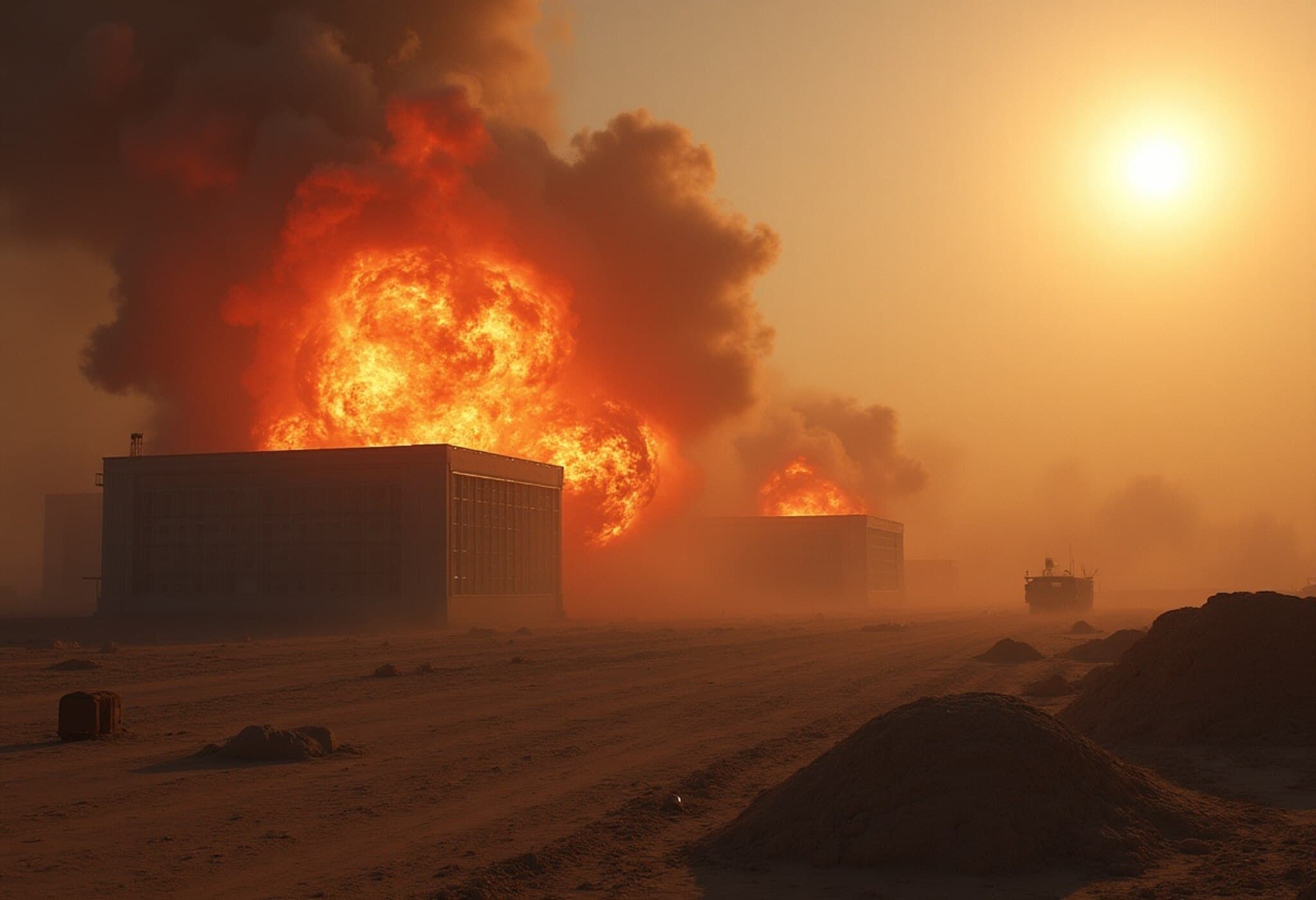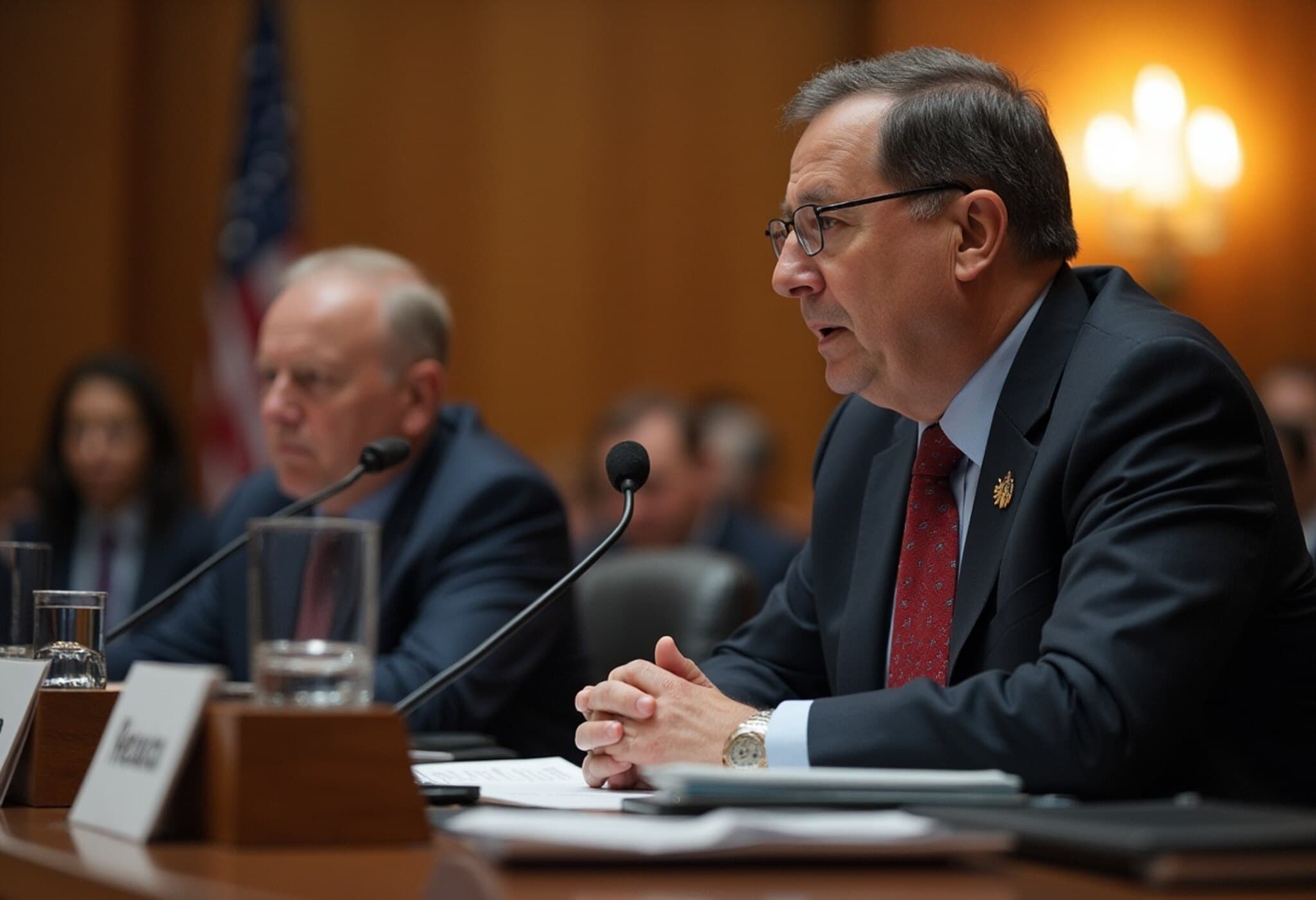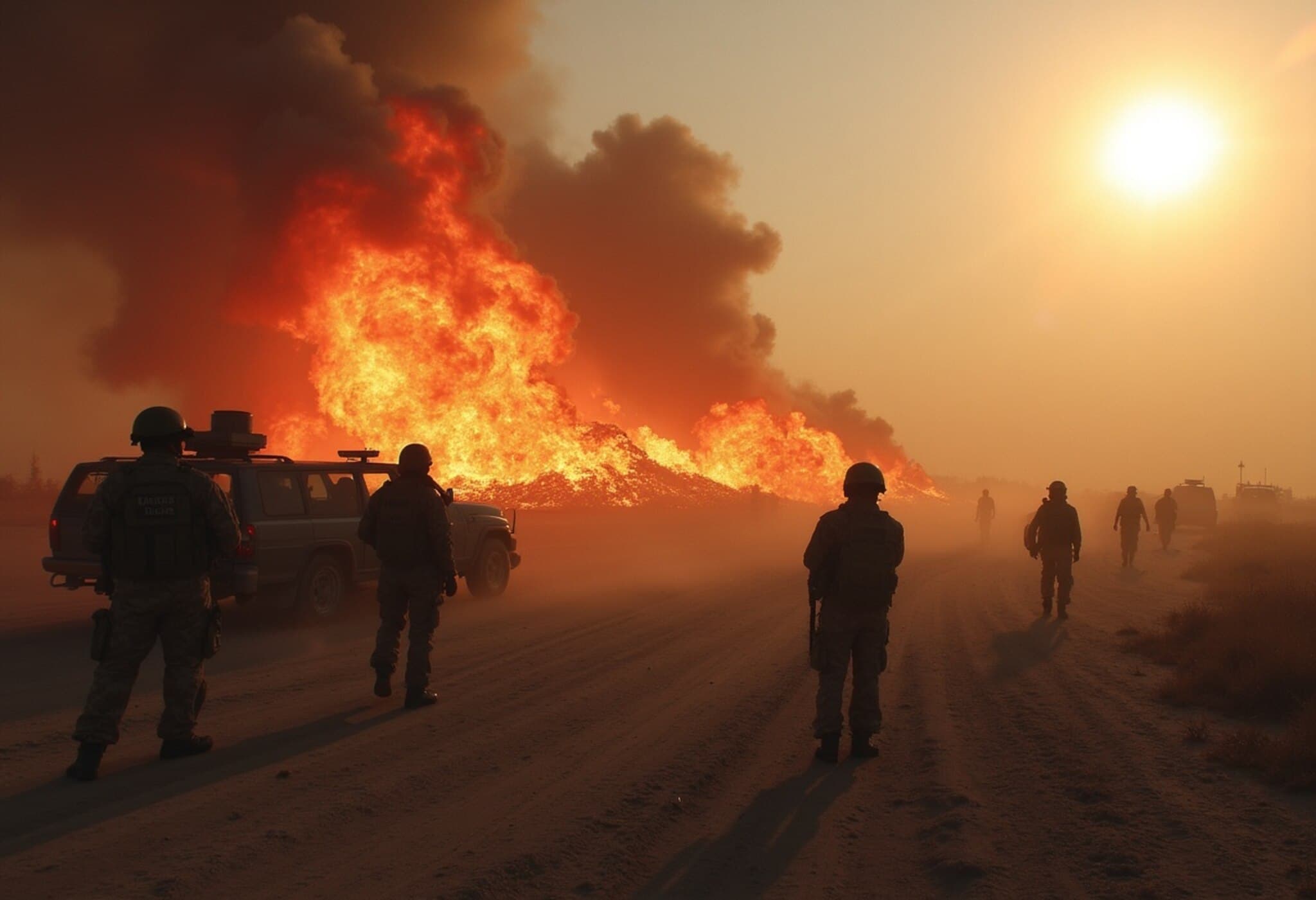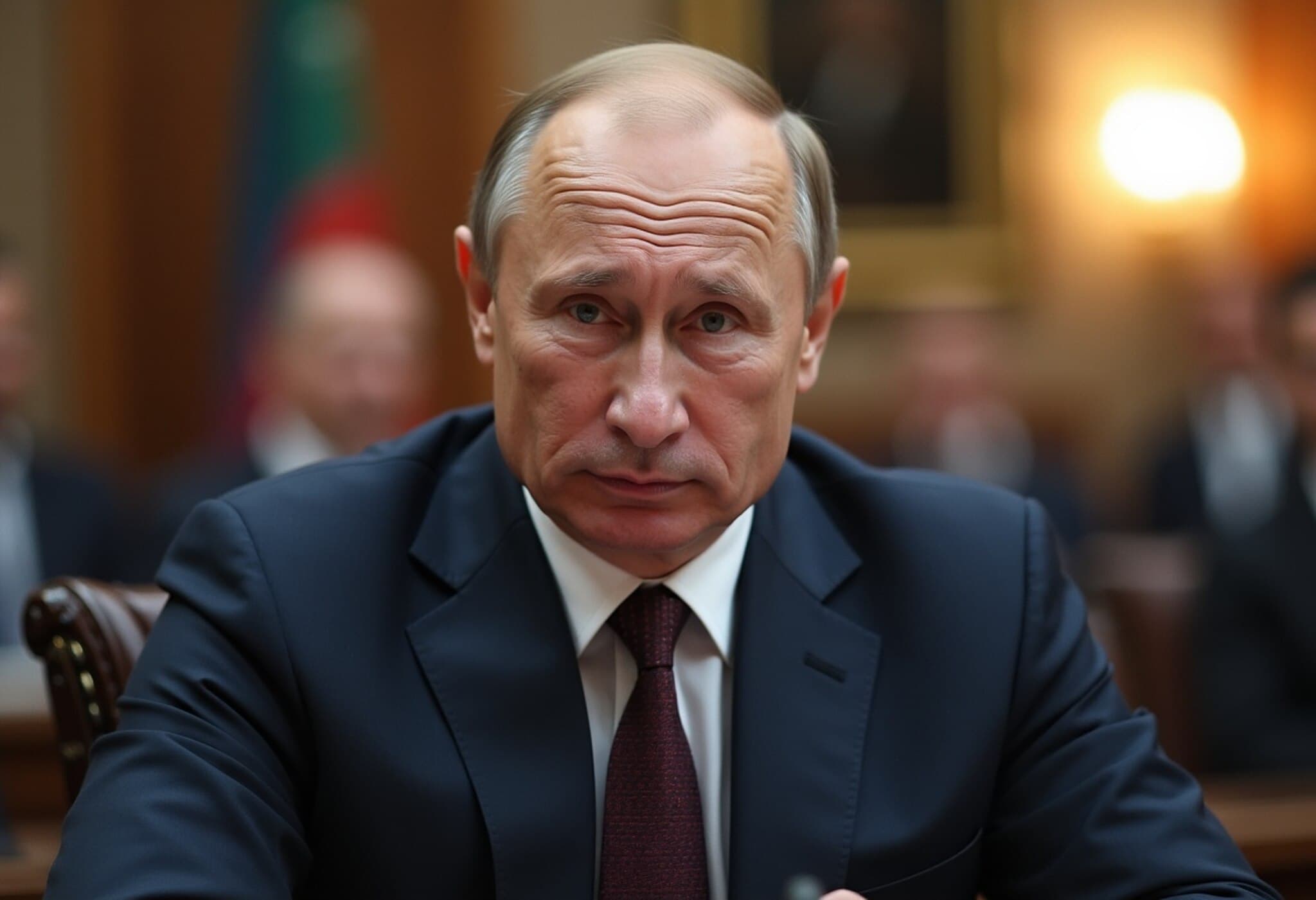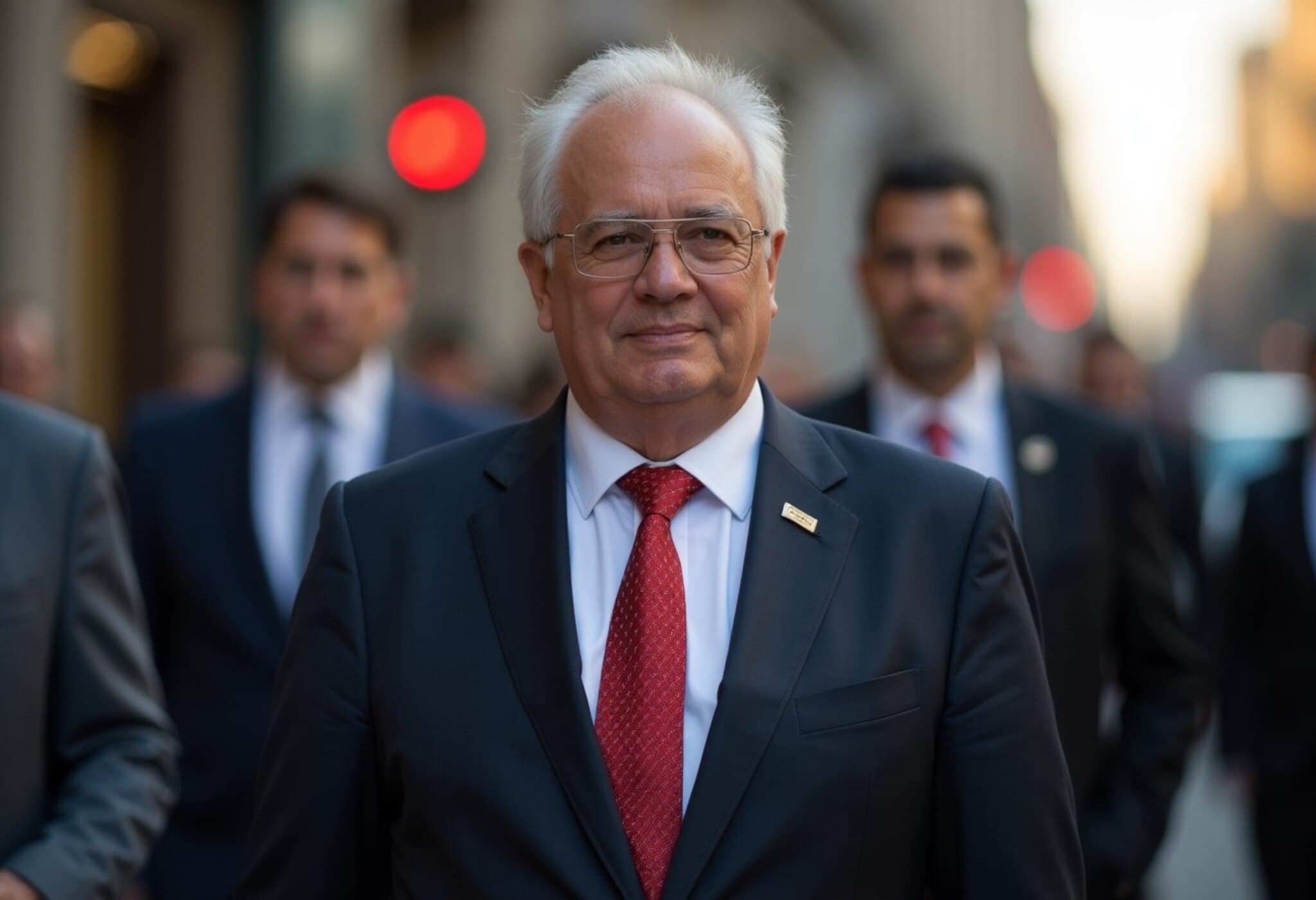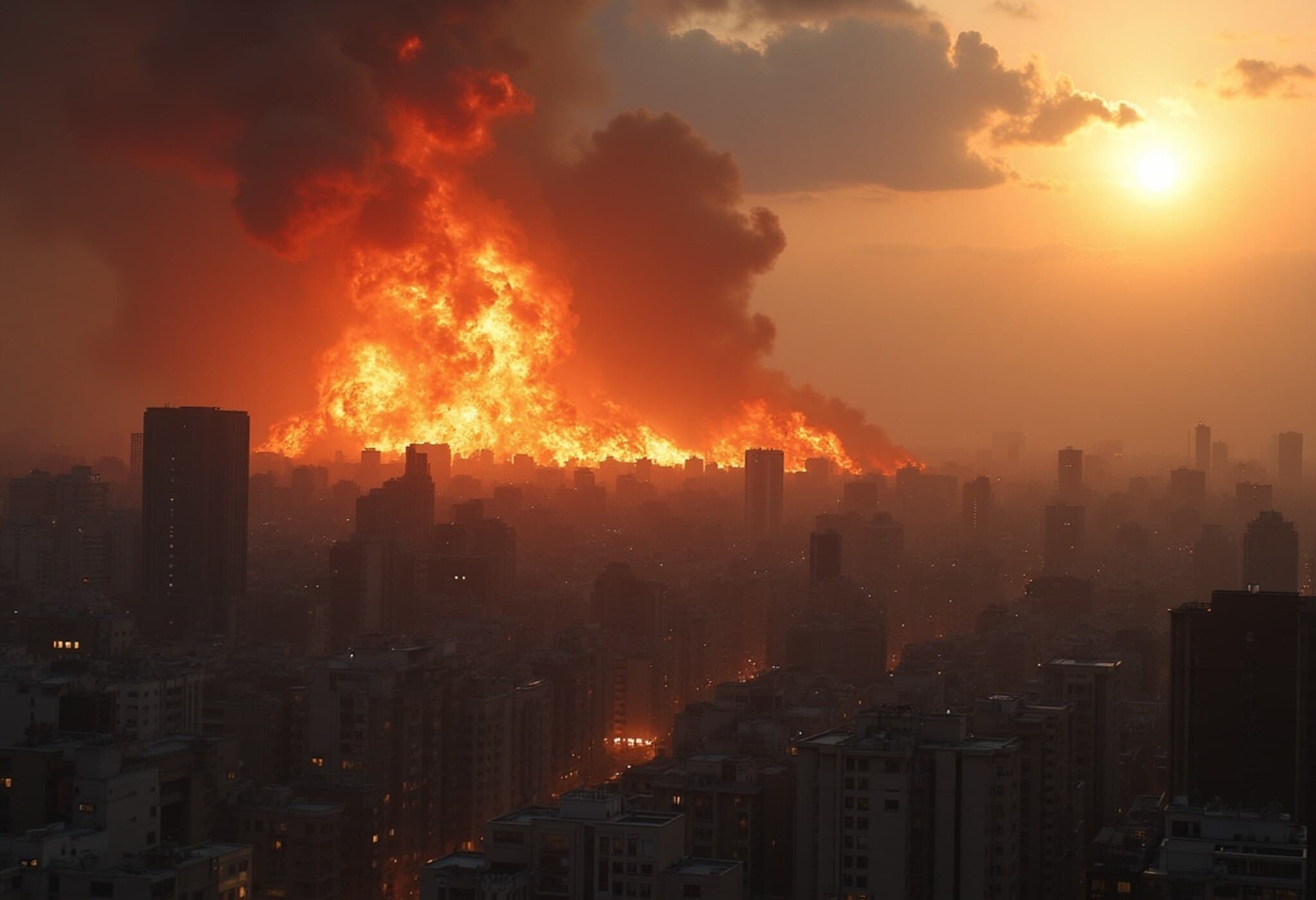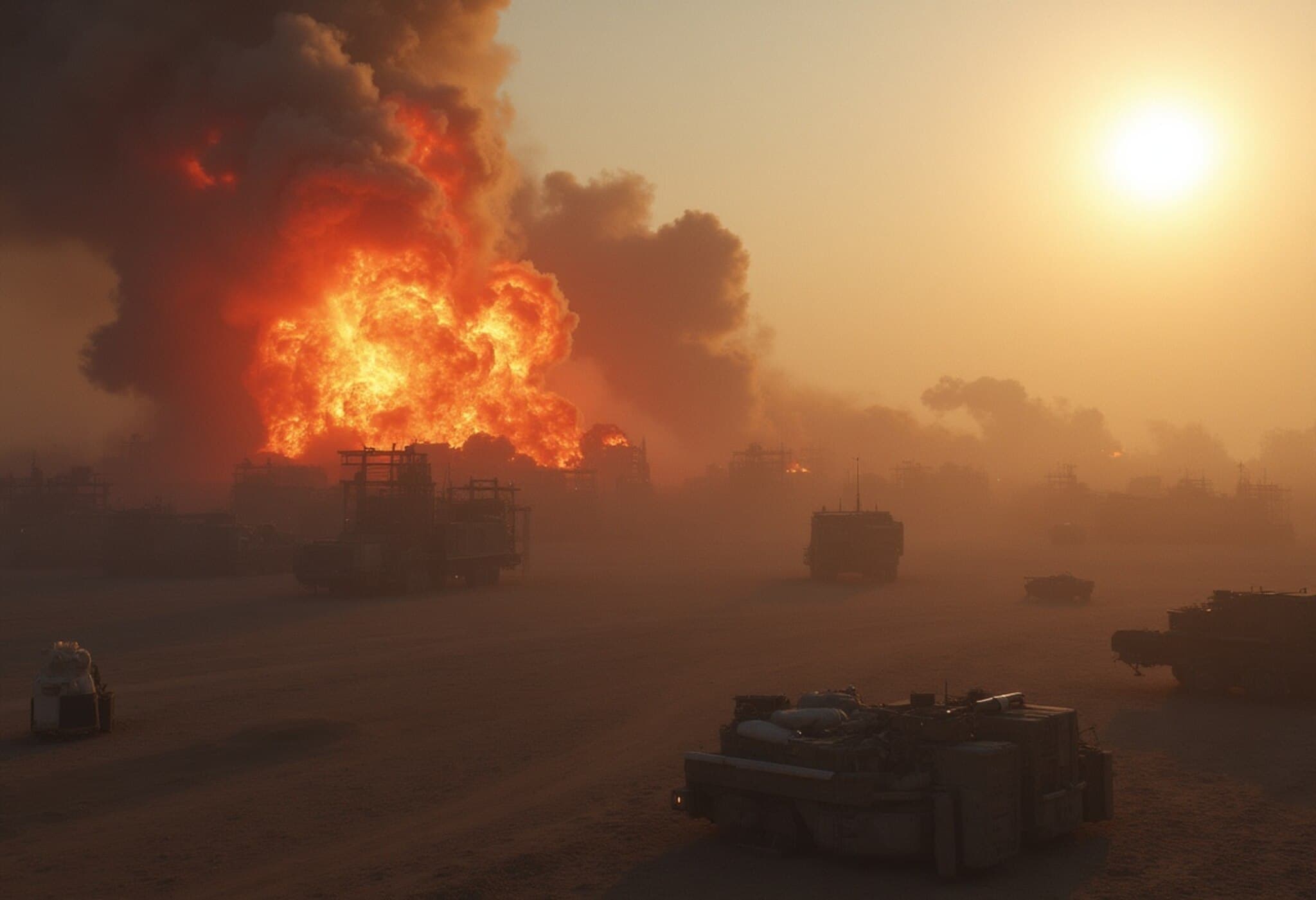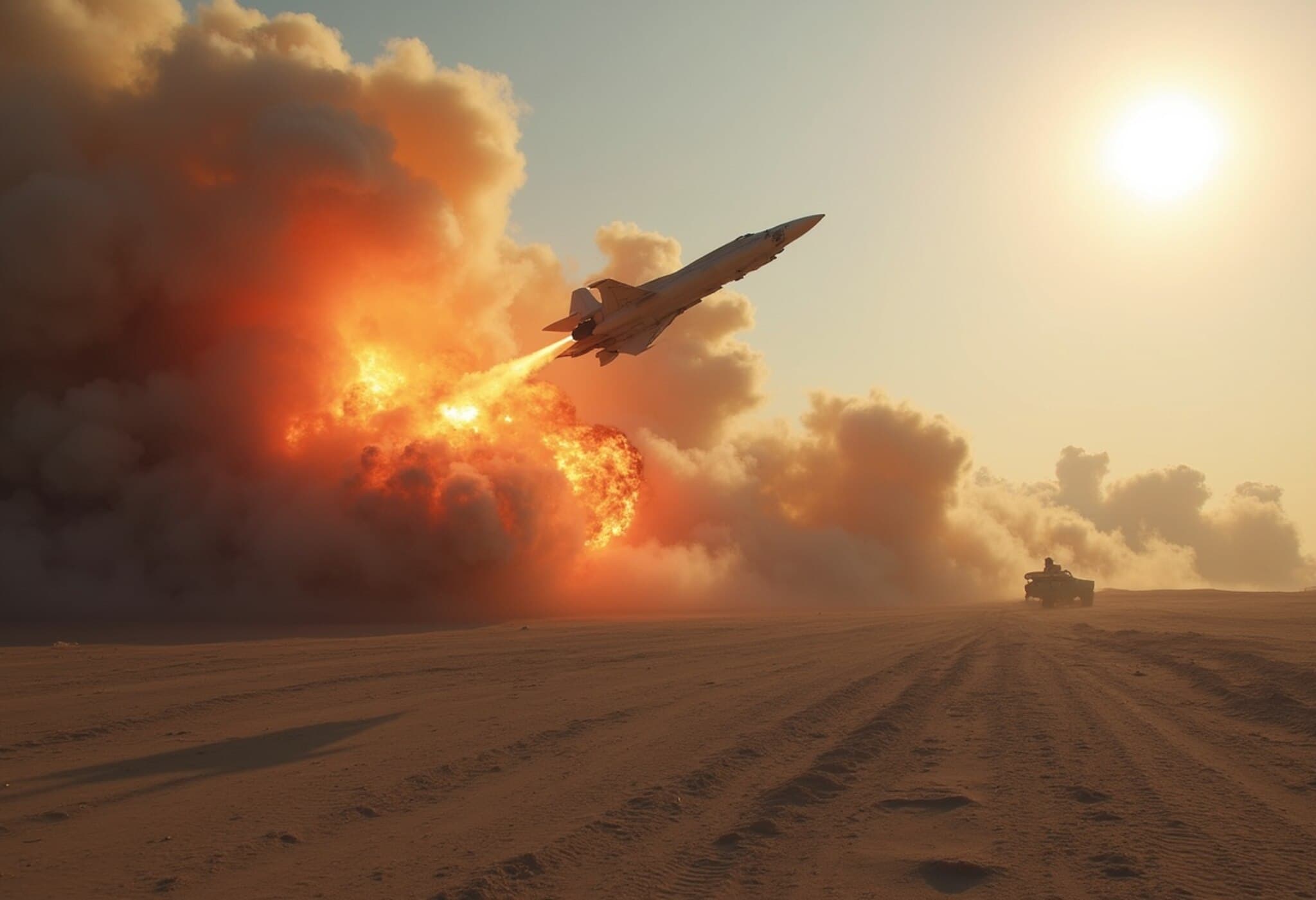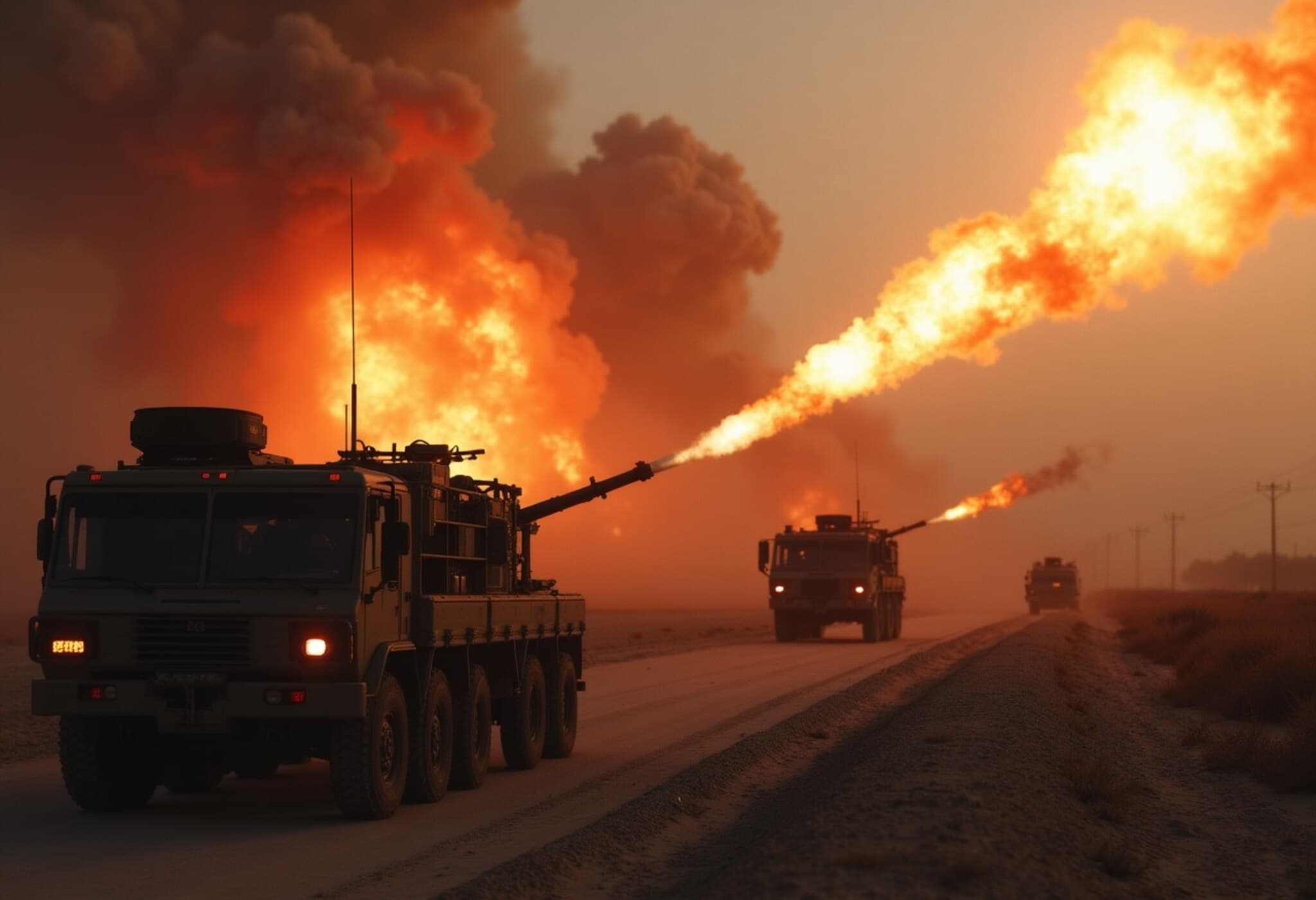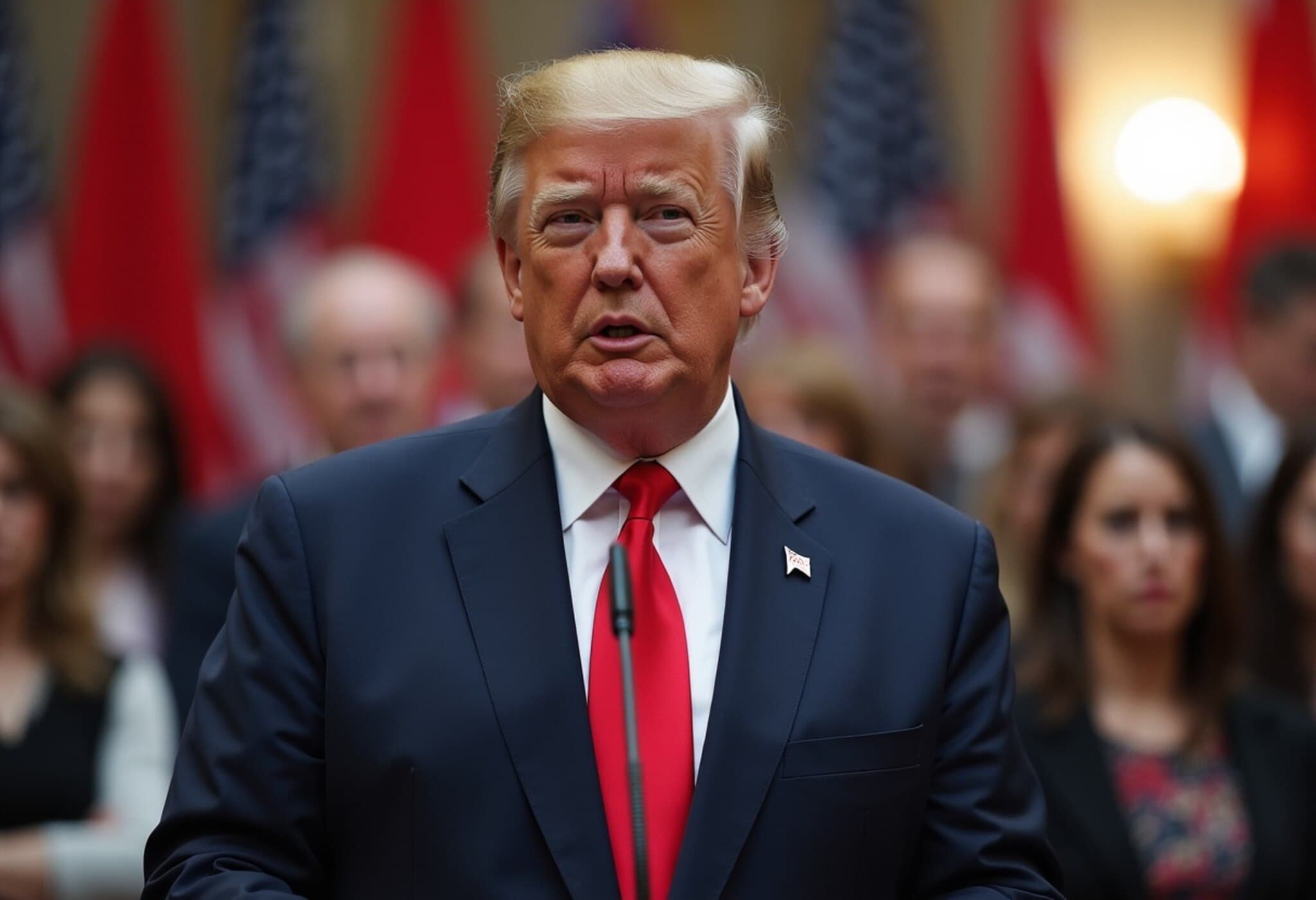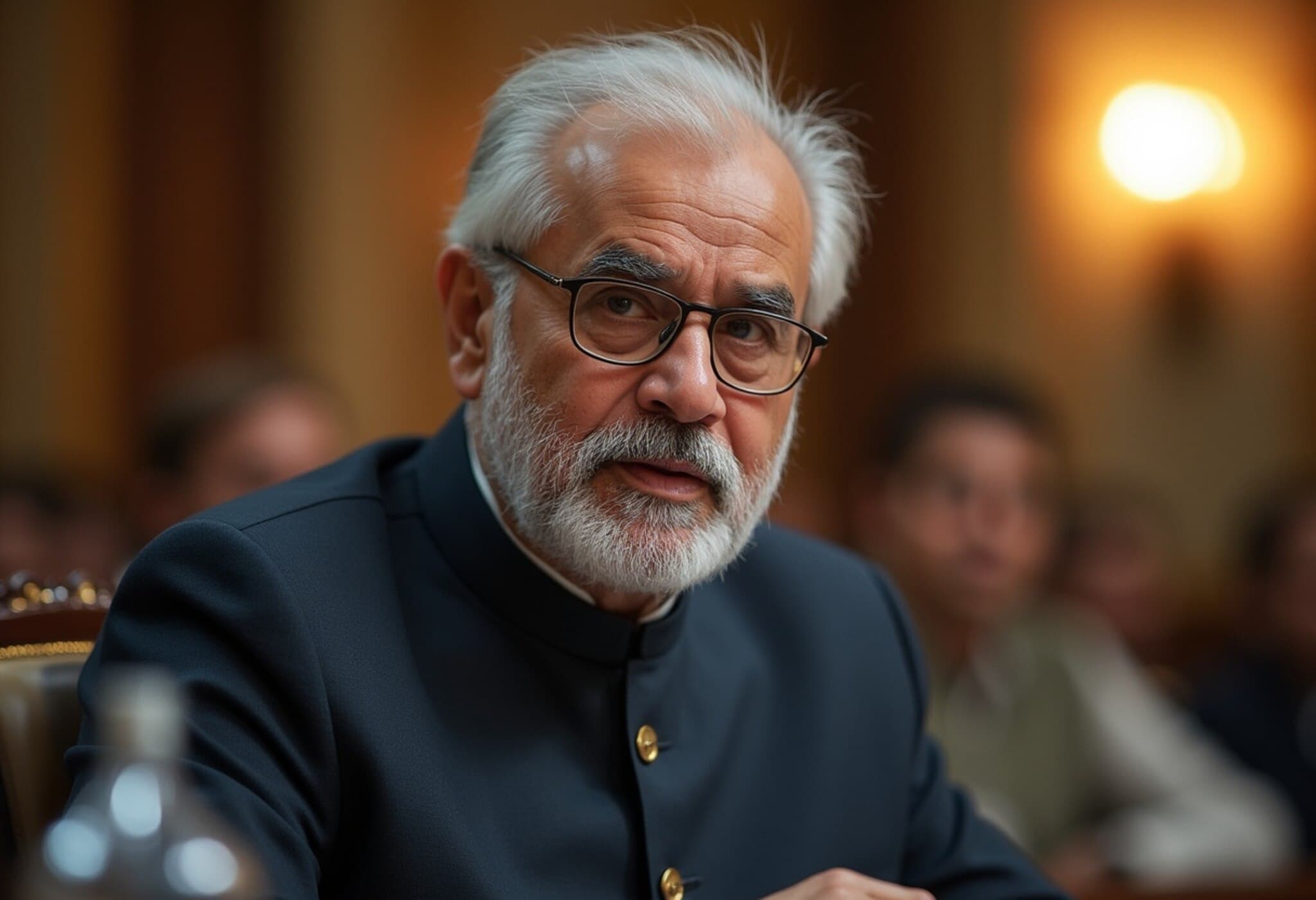Europe Pursues Diplomacy as US Debates Military Action on Iran
While European nations are pushing for diplomatic engagement with Iran, the United States has taken a far more aggressive stance. US President Donald Trump has openly considered military strikes against Iran and called for the unconditional surrender of its leadership, intensifying an already volatile situation.
Geneva Meetings: A Chance for Dialogue
On Friday, Iran's Foreign Minister Abbas Araghchi is set to meet in Geneva with counterparts from Germany, France, and the United Kingdom. This gathering comes as Israeli airstrikes target Iran’s military facilities and infrastructure.
Unlike the confrontational tone from Washington, Europe seeks to reduce tensions. Officials from France, Germany, the UK, and the European Union jointly stressed the urgency for restraint and a return to diplomatic talks.
- Iran's Foreign Minister Abbas Araghchi will travel to Geneva for diplomatic discussions.
- European diplomats confirm this will be the first face-to-face meeting with Tehran officials since the conflict escalated.
- The E3 countries (France, Germany, UK) played a key role in the 2015 nuclear deal negotiations.
Europe’s Stance: Negotiation Over Confrontation
A spokesperson from the European Commission emphasized the importance of diplomacy, stating that finding a lasting resolution to Iran's nuclear issue requires negotiated agreements, not military confrontations.
Germany’s Foreign Minister Johann Wadephul reiterated that while European countries remain open to dialogue, Iran must take urgent, credible steps to show it is not pursuing nuclear weapons, including confidence-building and verifiable measures.
German Chancellor Friedrich Merz also conversed with Qatar’s Emir to express concern over the escalating regional conflict, stressing the importance of preventing its spread to neighboring countries.
French Readiness to Restart Negotiations
French Foreign Minister Jean-Noël Barrot signaled a willingness among European nations to resume talks with Iran. However, he noted that meaningful progress depends on Iran’s willingness to implement substantial, lasting reductions in its nuclear and ballistic programs.
Barrot also highlighted that Iran expressed readiness to negotiate, including with the United States, if and only if a ceasefire could be achieved first.
No US Delegates at Geneva Talks—For Now
The United States is not currently participating in the Geneva discussions but has left the door open for future involvement as tensions rise.
A US official noted that Europeans have sought a greater role in nuclear negotiations but were previously restrained by US policy. However, the position may be shifting amid the intensifying conflict.
British Foreign Secretary David Lammy is traveling to Washington to confer with the US Secretary of State. Lammy is also expected to attend the Geneva talks, supporting efforts to pursue a diplomatic resolution.
Israeli Airstrikes and US Warnings
Israel launched its airstrike campaign to disrupt Iran’s progress towards nuclear weapon capability. This came after months of talks that were expected to lead toward a new diplomatic deal, yet US President Trump argued the window for negotiations had closed.
Iran’s Supreme Leader responded defiantly to intensified Israeli attacks, warning the US against military involvement, cautioning it would suffer serious consequences.
Background on Iran’s Nuclear Program
Iran has consistently maintained that its nuclear program is for peaceful purposes. However, it remains the only non-nuclear-weapon state to enrich uranium up to 60%, a technical step shy of weapons-grade uranium levels.
The International Atomic Energy Agency continues to conduct inspections, albeit limited, while US intelligence indicates that Iran is not actively developing nuclear weapons at this time.
Looking Ahead
The Geneva talks represent a critical moment for diplomacy, with European nations cautiously optimistic about engaging Iran amid a fraught regional climate. Meanwhile, the US stance remains heavily focused on military options should diplomatic efforts stall.

